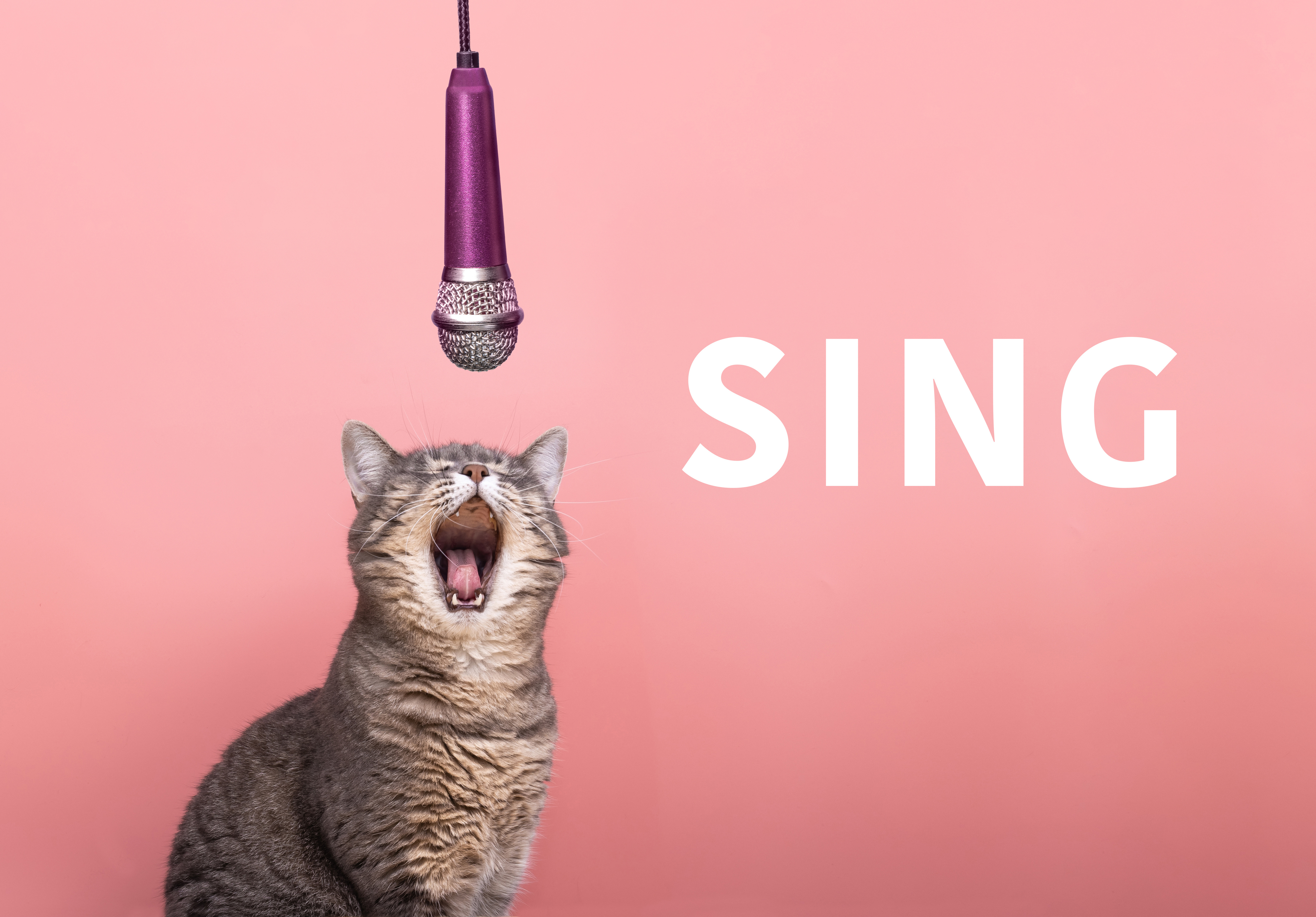Over Labor Day weekend, a co-worker, Jennifer, received a late night call from her son. She was immediately worried when she saw his name on the phone, and hastily answered, only to hear a multitude of sirens in the background.
“What’s wrong? Tell me what’s happening!” She was standing straight up.
Her son hastened to assure her the family was all safe, but with regret he told her the shed in the backyard had burned down, and the fire had taken out part of his home.
The shed contained multiple things of value to the family, and among them were two things my colleague treasured: the family photo albums and her Snoopy collection, which she’d had since she was four. As you might guess, these photo albums contained pictures of her children when they were small, and now they were gone.
There was some good news a few days later. Two of the photo albums were salvageable, and one of them had some now much-treasured photos of her children. What’s more, a handful of Snoopy s were saved. The latter happened when the crew hired to clear out the charred mess noticed this large collection, largely gone but still identifiable. The head of the crew said something to Jennifer’s son, and when he learned how valued this collection was, he told the other workers to halt and look for any Snoopys that could be saved.
s were saved. The latter happened when the crew hired to clear out the charred mess noticed this large collection, largely gone but still identifiable. The head of the crew said something to Jennifer’s son, and when he learned how valued this collection was, he told the other workers to halt and look for any Snoopys that could be saved.
A simple, yet meaningful, gesture.
I like to think Charles Schulz would have been touched by this story. Several years ago, while shopping at the local grocery store, the assistant manager commented on my t-shirt, which showed Lucy and Snoopy dancing. He told me of a time when he was little and he sent Charlie Brown–aka Charles Schulz–a valentine because he felt sorry that this cartoon character received no cards from his friends.
In return, Charles Schulz sent the boy a hand-drawn picture of Snoopy and Charlie Brown, with “thank you” written on the bottom.
“I still have it,” the assistant manager mused.
“Keep it!” I told him. Goodness knows how valuable something like that might be.
We hear how precious small acts of kindness can be, and these two stories reminded me that what may cost us very little can be prized by the recipient of our goodwill. So don’t hesitate to reach out. There are people in my world who have made a lifetime of difference, and I send silent thank-you’s to all of them.
Photo Credits: Photo Album © ulza–stock.adobe.com; Snoopy © Belinda O
The Snoopy doll pictured above is from my modest Peanuts collection.




 I used to dream about being a skilled musician. In my fantasies, I could play the piano with panache and sing the most difficult songs with ease. It didn’t stop there. I could also dance.
I used to dream about being a skilled musician. In my fantasies, I could play the piano with panache and sing the most difficult songs with ease. It didn’t stop there. I could also dance.![AdobeStock_210621413 [Converted]](https://myworldwithwords.com/wp-content/uploads/2023/02/adobestock_210621413-converted.png) In the past couple of months I’ve been talking to my dad on a regular basis. His wife Jeanne died in December, something I wrote about earlier. It’s been a powerful thing in my life, these conversations. I hope it has been the same for him. We didn’t used to talk much, and in recent years the phone calls got shorter and shorter.
In the past couple of months I’ve been talking to my dad on a regular basis. His wife Jeanne died in December, something I wrote about earlier. It’s been a powerful thing in my life, these conversations. I hope it has been the same for him. We didn’t used to talk much, and in recent years the phone calls got shorter and shorter.
![AdobeStock_370325084 [Converted]](https://myworldwithwords.com/wp-content/uploads/2022/10/adobestock_370325084-converted.png) Then there’s the opposite reaction of too much sympathy. When I worked in a bookstore, a boy using a walker came in once and headed straight to the children’s section. He asked for help once getting a book down that he couldn’t reach, and aside from my usual can-I-help-you-find-anything, that was all he needed from me. When he was ready to check out, he put his selections in the walker, and we headed up the cash register, where an older woman gushed all over him.
Then there’s the opposite reaction of too much sympathy. When I worked in a bookstore, a boy using a walker came in once and headed straight to the children’s section. He asked for help once getting a book down that he couldn’t reach, and aside from my usual can-I-help-you-find-anything, that was all he needed from me. When he was ready to check out, he put his selections in the walker, and we headed up the cash register, where an older woman gushed all over him.
You must be logged in to post a comment.